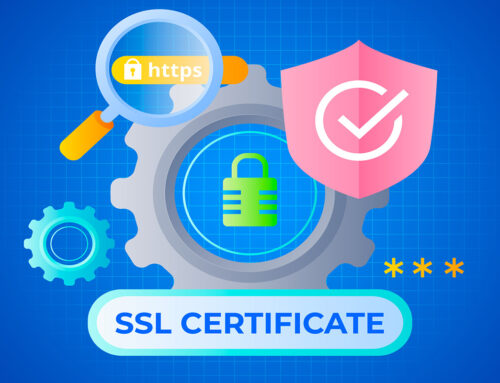In today’s digital age, the security of your website is more important than ever. With increasing cyber threats, understanding how to protect your website from hackers is crucial for any business or individual with an online presence. In this blog, we’ll explore common cyber threats and provide actionable website security tips to help safeguard your online assets.
Understanding Common Cyber Threats
Cyber attacks can take various forms, and knowing the types of cyber attacks is the first step in protecting your website. Here are some of the most prevalent threats:
Malware: Malicious software can compromise your site’s security, leading to data theft and loss of functionality.
Phishing: Attackers use deceptive emails or websites to trick users into providing sensitive information, which can jeopardize your site’s security.
DDoS Attacks: Distributed Denial of Service attacks overload your server with traffic, making your website inaccessible to legitimate users.
SQL Injection: This involves inserting malicious SQL code into your website’s database, allowing hackers to access sensitive information.
Cross-Site Scripting (XSS): This vulnerability lets attackers inject scripts into webpages viewed by users, which can lead to data theft.
Protecting Your Website from Hackers
Now that we’ve outlined the common cyber threats, let’s discuss how to effectively protect your website from hackers:
1. Implement Strong Password Policies
Using strong, unique passwords for all your accounts is essential. Encourage your team to create complex passwords and change them regularly. Consider using a password manager to store and generate secure passwords.
2. Regularly Update Software and Plugins
One of the simplest yet most effective cybersecurity best practices is keeping your software, plugins, and themes up to date. Updates often contain security patches that fix vulnerabilities.
3. Use HTTPS
Securing your website with HTTPS (HyperText Transfer Protocol Secure) encrypts data exchanged between your site and its users. This is crucial for protecting sensitive information and enhancing trust.
4. Install a Web Application Firewall (WAF)
A Web Application Firewall can filter and monitor HTTP traffic to and from your website, helping to block malicious traffic and prevent attacks.
5. Conduct Regular Vulnerability Assessments
Performing a website vulnerability assessment can help identify weaknesses in your site’s security. Regular audits will allow you to address issues before they can be exploited.
6. Educate Your Team
Awareness is key. Train your staff on the risks of cyber attacks and the importance of following security protocols. Knowledgeable employees can be your first line of defense.
7. Backup Your Data Regularly
Regular backups ensure that you can quickly restore your website in case of a breach or data loss. Store backups in multiple locations to enhance security.
8. Use Two-Factor Authentication (2FA)
Implementing two-factor authentication adds an extra layer of security. Even if passwords are compromised, 2FA requires a second verification step, significantly reducing the risk of unauthorized access.
Conclusion
Protecting your website from hackers requires a proactive approach to online security measures. By understanding common cyber threats and implementing effective strategies, you can safeguard your site and maintain the trust of your users. Don’t wait for a breach to occur—take action today to secure your online presence!





